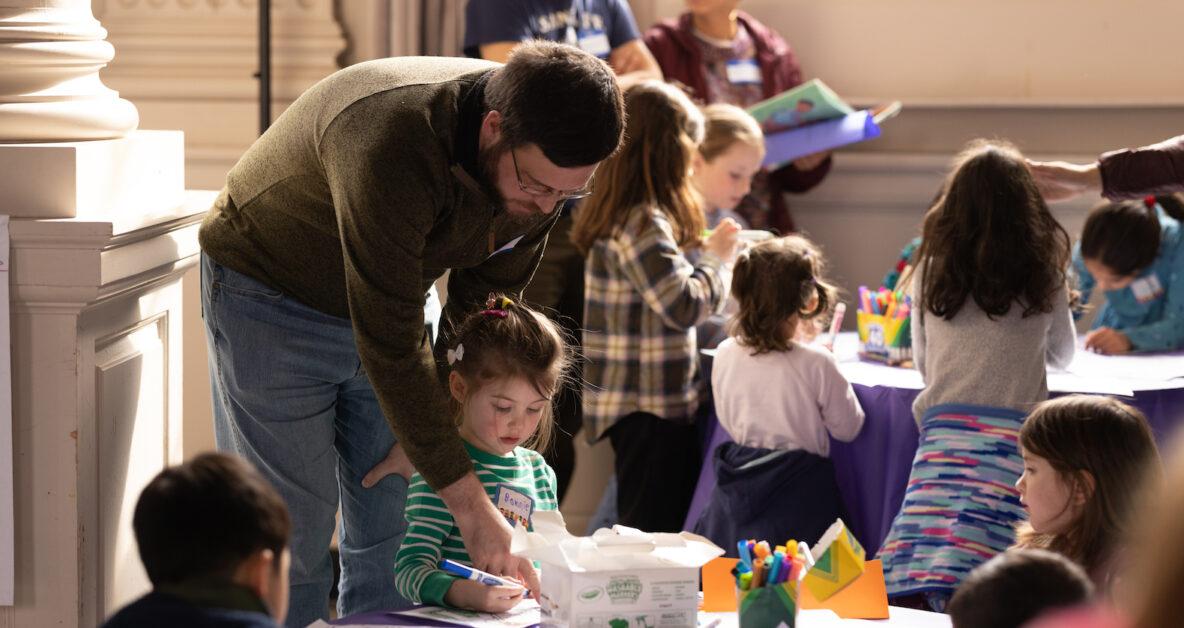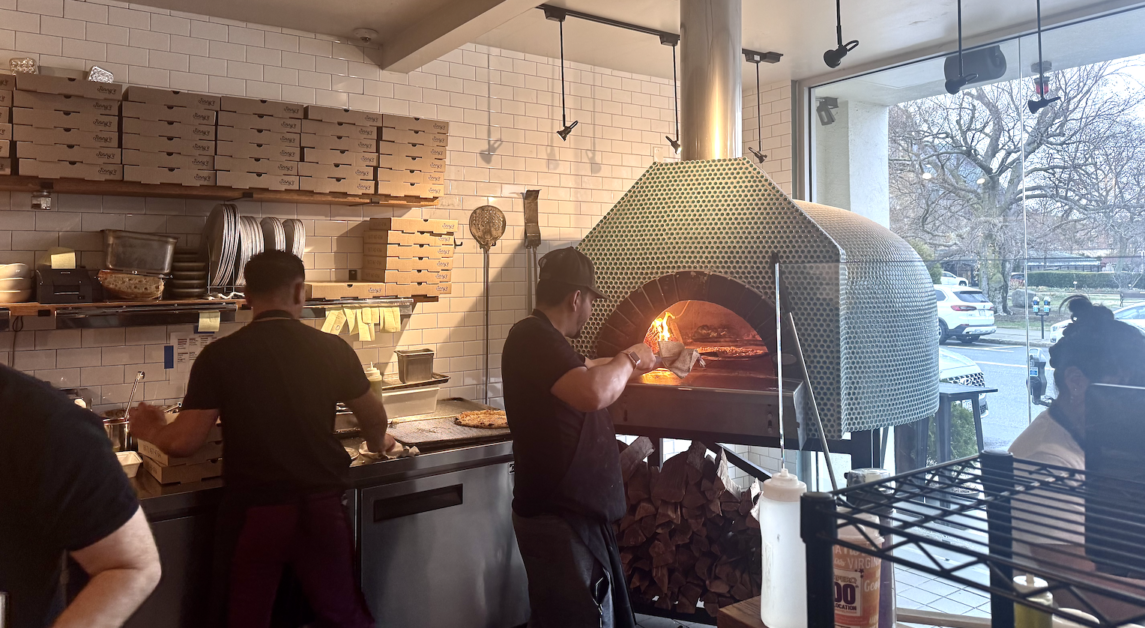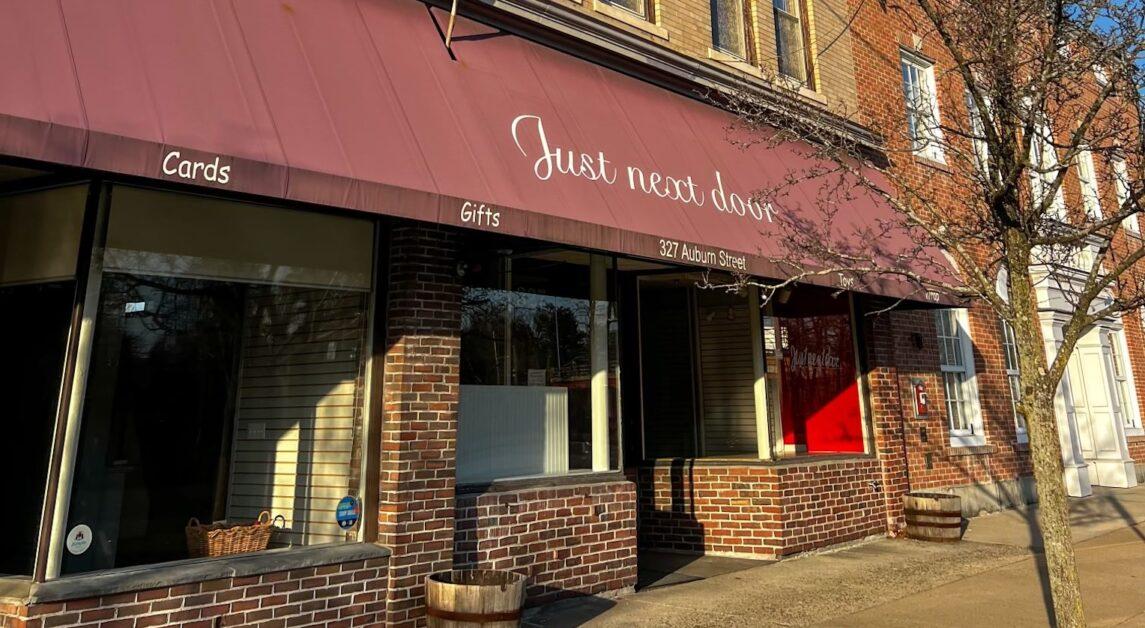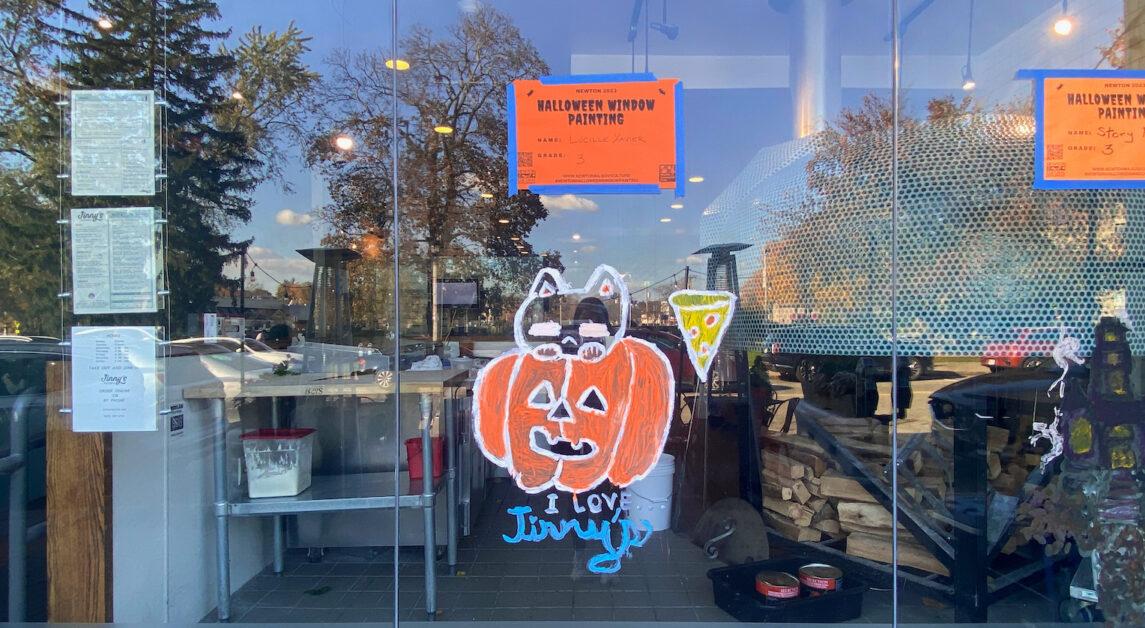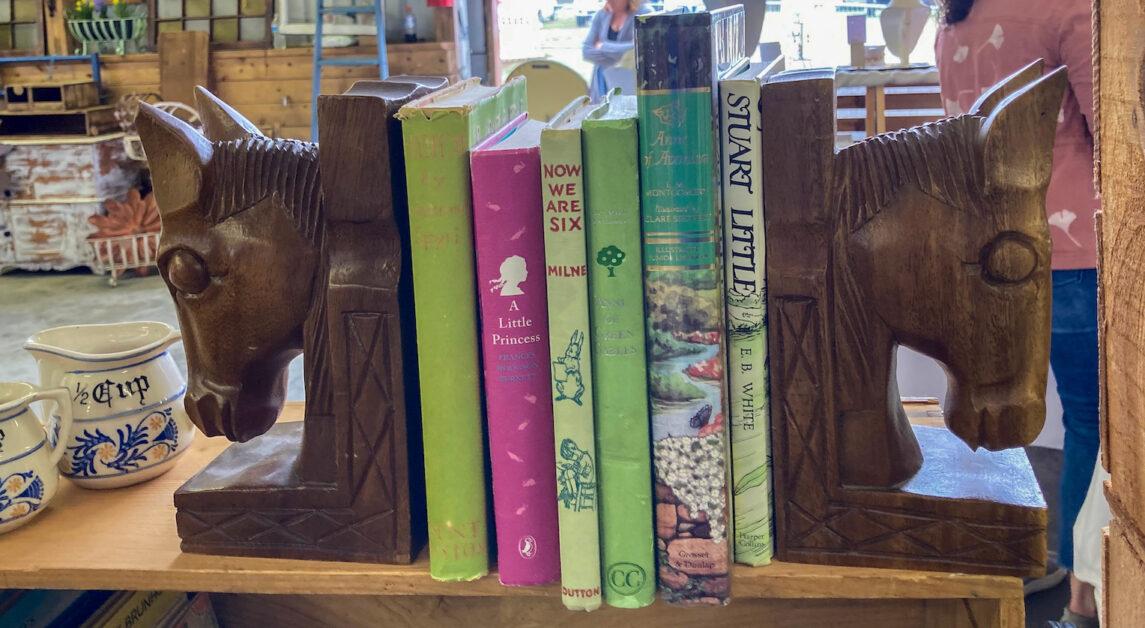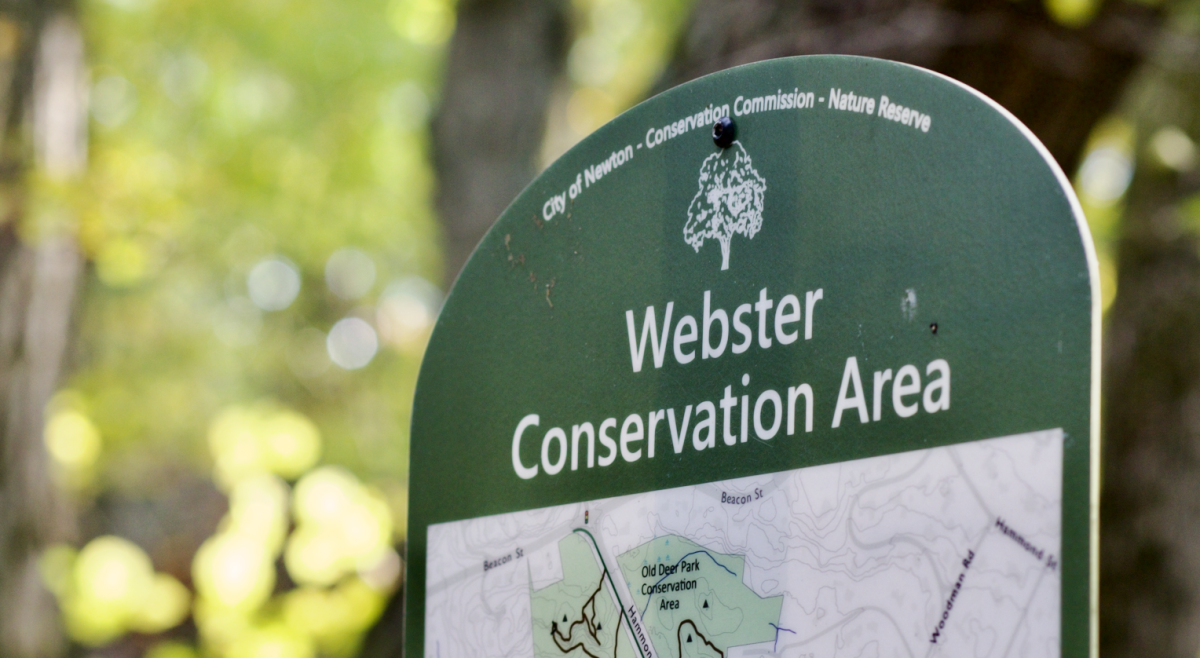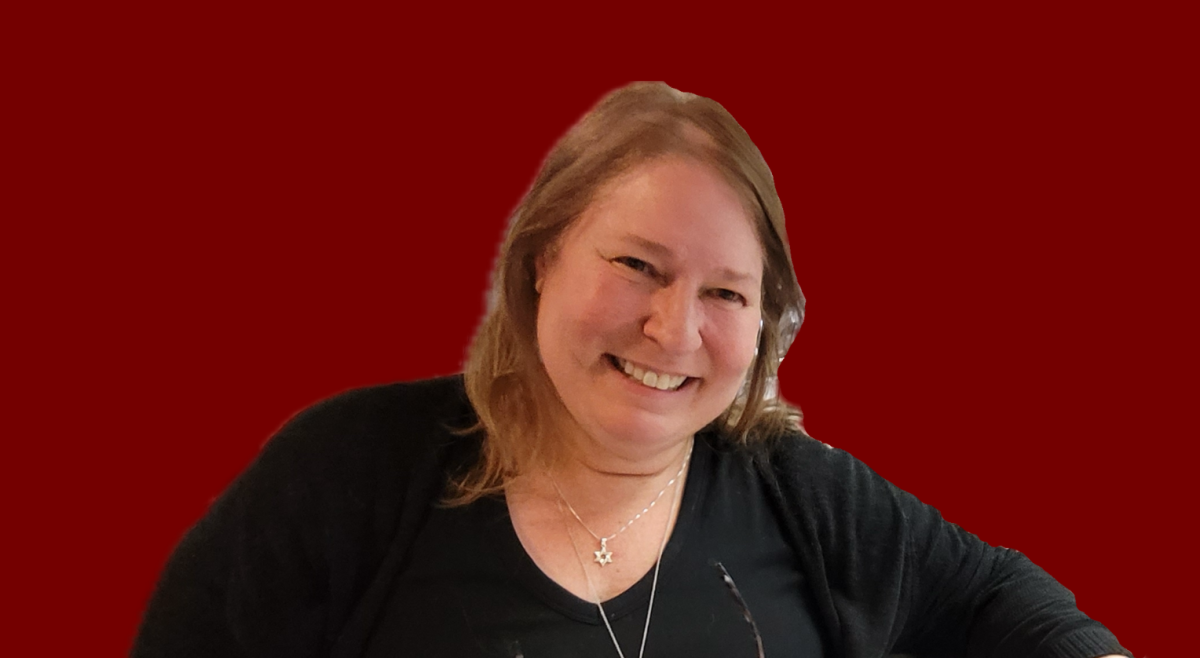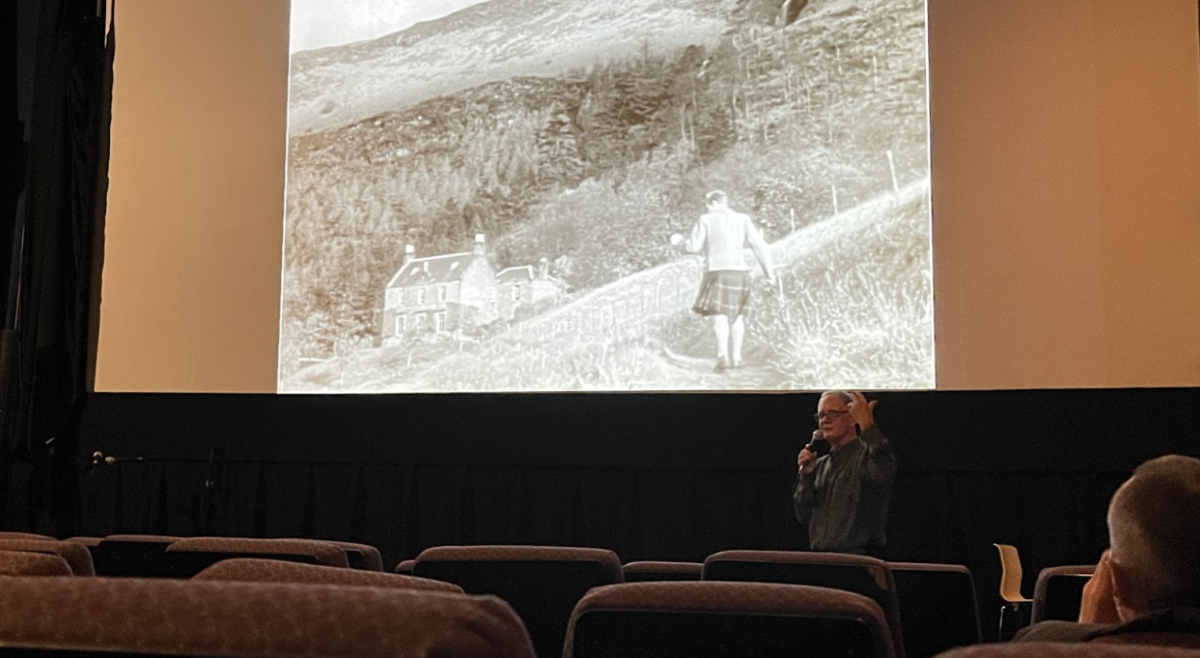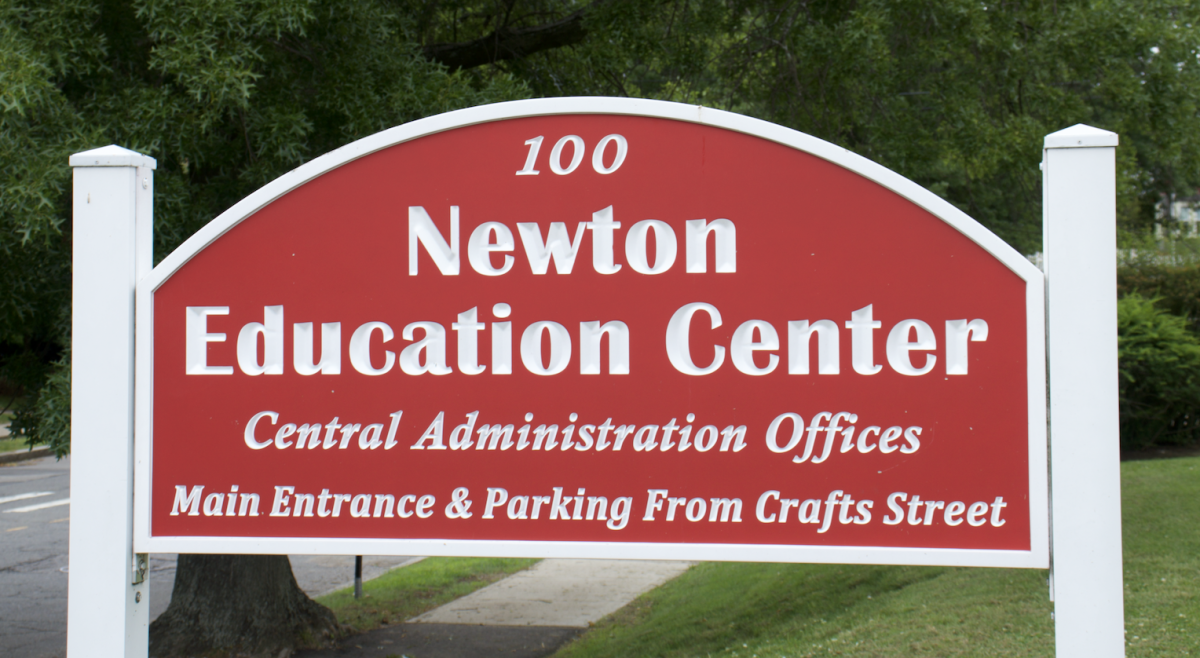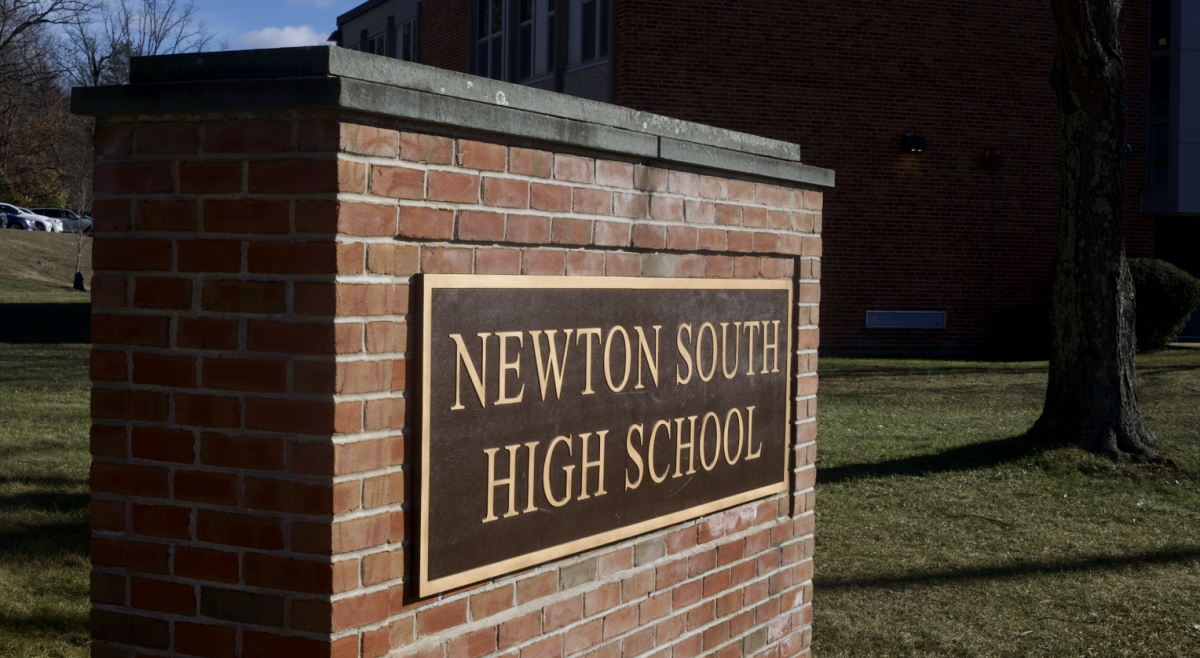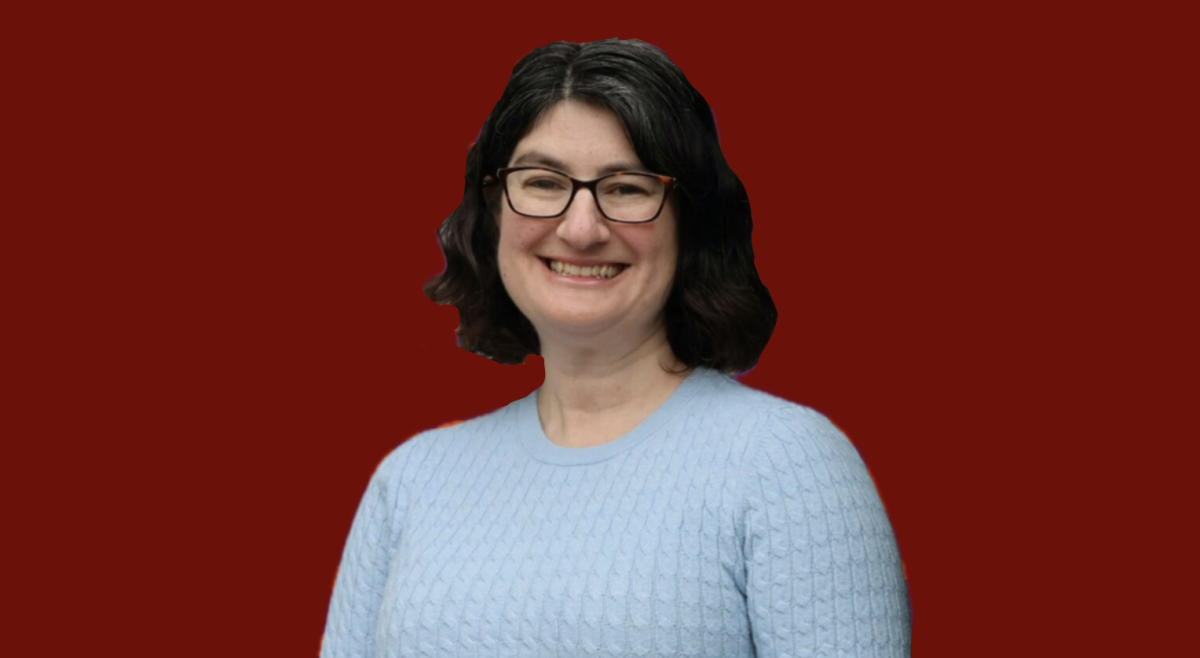A Newton-based organization called Story Starters focuses on cultivating family conversations about various works of literature to address wide-reaching issues like racial and socioeconomic inequality.
“I’m involved and interested in this work because I’m a parent who knows how much it’s needed,” Ellie Axe, director of Story Starters, said. “I needed the information that Story Starters provides families to raise kids who are apt and willing and ready to create the world that we need for all of us.”
Joslyne Decker founded Story Starters in 2018. At the time, Decker was the parent of an elementary school student. Her daughter’s school’s anti-racism curriculum for early elementary students ignited the idea of providing parents with a foundation for how to approach discussing race and racism with their children at home, she said.
Kari Denitzio, BC ’04, who serves as a program coordinator for Story Starters, said that interest in the group has increased over the last few years.
“The program began prior to the national reckoning with racism that was spurred by the murder of George Floyd in 2020,” Denitzio said. “And obviously interest has grown since then as people, white people in particular, become more aware of the work they need to do to come to grips with the history of racism in our country and how it continues to manifest.”
Denitzio shared how her career working in public schools as both a teacher and school counselor motivated her to become involved with Story Starters.
“I worked in under-resourced schools, which have mostly Black and brown students,” she said. “I’ve worked in better-resourced schools where there were some real inequities in how students were treated according to race.”
Noticing major flaws in the education system, Denitzio said she dedicated herself to racial equality and anti-racist education.
“As a practitioner in those settings, educational equity was a real focus of mine, and anti-racist education was a real focus of mine,” she said. “I’ve since transitioned into making that more of a centerpiece of my working life.”
The intended age range of children for Story Starters’ programs is three to eight years old, according to the group’s website.
“We base our program a lot on the developmental psychology and the research around racial identity development,” Axe said.
The program, which is a hybrid of in-person and virtual events, highlights talks it holds with authors.
“The eight-week program is bookended by in-person family events, kickoff and closing, that feature authors, typically local authors of color, who come and do read alouds,” she said.
In July, Boston author Candelaria Norma Silva participated in a read-aloud for Story Starters and read her book entitled What’s the Baby’s Name, Stacey?, the third in her series.
“Stacy is a Black girl in an extended Black family that has her friends in it—they’re friends of different races,” Silva said.
She said her reading of the book primarily sparked discussion of the meanings behind names with the children.
“We talked about their names based on their family history and where they come from,” Silva said.
Denitzio said most program activities occur in families’ homes. At different points over the eight weeks, families open packages full of books and guidelines for how parents should go over the readings with their children, she said.
Parents can attend virtual workshops during the program to further their knowledge, ask questions, and bring up any concerns they may have as they are reading with their children, according to Denitzio.
She pointed out that for the newer generation of parents, conversations about race were not yet common during their childhood.
“People weren’t having these conversations with us as kids,” she said. “We had to do a lot of our learning about race and racism and institutional racism and inequity on our own.”
Denitzio emphasized that the program is just as much for parents as it is for kids.
“We’re helping the people who never got that education, who don’t feel expert in talking to their kids about it because they haven’t experienced it to gain that comfort and that skill and push past their own anxiety, hesitation, and fear in having conversations about these topics,” Denitzio said.
Upon completion of the program, the families reconvene in person.
“At the end, we do a celebratory event that commemorates all the learning they’ve done so far and challenges families to think about how they’re going to continue this journey for themselves and for their kids as they get older,” Denitzio said.
Axe said that the conversations and learning that takes place as a part of Story Starters should continue beyond the eight-week program.
“The main takeaway is that we want families to walk away being like ‘I’ve just begun my journey and I’m in it and I’m committed, and I’m going to be in it with my kids and as a family moving forward,’” she said.
Denitzio recognized the potential magnitude of the impact of having early conversations about race.
“I think that we are laying the groundwork with this young generation to create a better experience and prepare our young people to challenge those practices and systems when they encounter them when they get older,” she said.
Feedback from past participants has been overwhelmingly positive, according to Denitzio.
“All of our survey participants in our recent cohort—100 percent—have said they would recommend the program to somebody else,” she said. “The vast majority have said that they feel more or much more prepared to discuss issues of race and racism with their kids.”
While Story Starters focuses specifically on the difficulty of conversations on race, parents say the program has alleviated the difficulty of having other conversations, too, according to Denitzio.
“The strategies and the practice of conversing with their children in this way actually translates to other tough conversations that they’ve had to have with their kids on other topics,” she said.
Axe said she hopes Story Starters will continue to grow in the coming years and expand conversations in other cities across the state and the country.
“I’ve had big eyes for this program for a long time,” Axe said. “I think our audacious goal is to have families from across the country engaging early in conversations about race and racism.”
Silva, who witnessed the engagement of children and parents first hand during her read aloud, appreciates the program’s support in talking about race and identity with children.
“I think the work that they do is important,” Silva said. “It’s important to have organizations that make people feel more comfortable talking about race.”
Axe said she feels incredibly fulfilled from her work with Story Starters.
“When we start to work with kids who are young and open up their minds and their hearts to this work, it can be really fun and really joyful and connective … I do this work because it gives me hope that we’re going to have a different world.”

